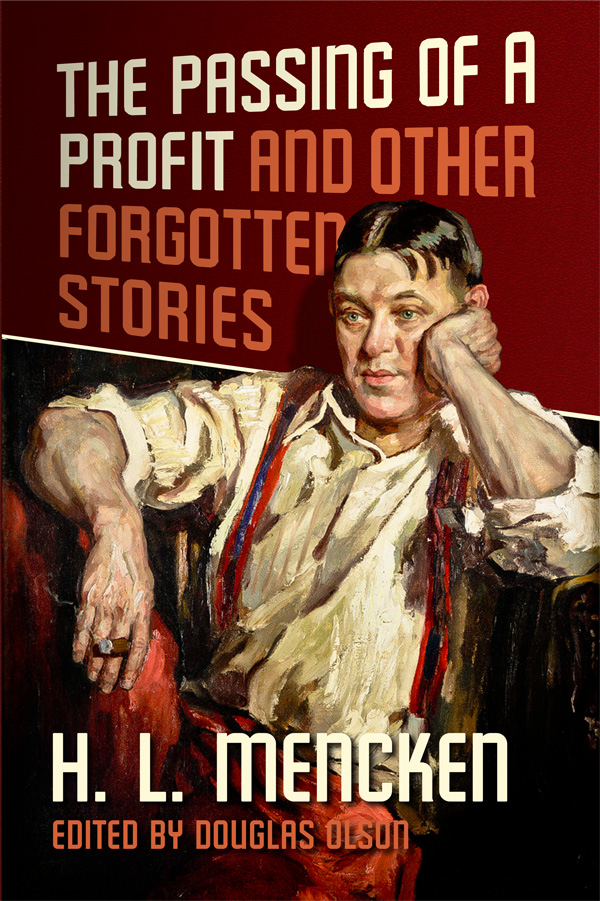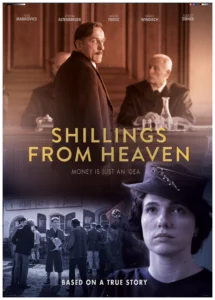The Miracle of Wörgl: Money is Politics
Posted By Clarissa Schnabel On In North American New Right | Comments DisabledThere has been increasing talk about the need to build a parallel economy going around lately in the prepper community as a result of high inflation, the rising costs of living, and bank crashes, not to mention the introduction of central bank digital currencies (CBDCs), the cancellation of bank accounts belong to “undesirables,” and, not to mention, the looming threat of World War III.
While the circumstances are radically different, and it is doubtful whether the idea would or would not be allowed to catch on beyond a limited group of consumers and producers, there is historical precedence of communities actually cutting themselves loose to a certain extent from the banking system. One such example is the Wörgl Freigeld (free money), a short-lived but still influential episode from Tyrol, Austria in the years 1931-1933. It was dramatized, with some artistic license, in the 2018 film Das Wunder von Wörgl [2] (literally The Miracle of Wörgl, although it was given the title Shillings from Heaven for its English-language release, which is really funny considering that its protagonist is an atheist).
Because so little of the “old” Wörgl has survived — it was bombed in 1945, but most of the changes happened in subsequent years — the film had to be shot across the border in South Tyrol.
Due to its convenient location, the small town of Wörgl became an industrial and commercial center in Tyrol after the construction of the railroad at the end of the nineteenth century. Italian timber merchants settled there, as did French industrialists. The world economic crisis triggered by the stock market crash in 1929 hit the community and the surrounding villages hard: production declined, unemployment rose, and one factory after another was closed. In addition, workers were laid off with the introduction of new technologies. In Wörgl in 1932, out of a population of 4,200, 400 family breadwinners were unemployed, and in the entire region 1,500 people lost their jobs.
That is the real-life background of Das Wunder von Wörgl. Michael Unterguggenberger — quite a mouthful, eh? — a Social Democrat member of the local council, tries to come up with a solution for his town’s economic and social decline. But the council is a squabbling mess, with the socialists calling for strikes and the conservatives suggesting filing for bankruptcy, which would mean selling off the remaining means of production. While Unterguggenberger and his family are still reasonably well off — he has a steady job as an engine driver for the railroad, and his second wife, Rosa, owns a ready-made clothing store — there are problems at home, too: Unterguggenberger’s son by his first wife, Michi, has joined the local National Socialists, and the two are constantly at loggerheads.
Unterguggenberger’s troubles really begin after he is elected Mayor of Wörgl in 1931. Hundreds of unemployed workers and their families have to be supported, the school building has to be repaired, and the town’s streets are a disgrace. But the municipal coffers are empty.
While watching a group of children trade marbles, Unterguggenberger remembers a book he had read during the war: Silvio Gsell [3]’s Die natürliche Wirtschaftsordnung (The Natural Economic Order [4]). Taking an idea from Gsell’s theories, Unterguggenberger proposes a daring experiment to the council. “What is money?” he asks. “A means of exchange. And what is a means of exchange? An agreement. We agree on a piece of paper actually being worth something.” The solution, Unterguggenberger declares, is simple: Wörgl will print its own money. “We have the raw materials, the machines, we have the workers. So why is the factory not running? Because a ridiculous means of exchange is lacking.”
Contrary to his expectation, the council does not jump at the proposal. For some members, the idea is simply too outlandish. The conservative Stawa, however, makes a valid point: Such a course of action would be illegal. The monopoly for printing money lies with the national bank.
Defeated, Unterguggenberger returns home. For him, saving Wörgl’s economy is about much more than helping his people; it also means stemming the growing support for the National Socialists, whose local leader, the town’s butcher (yes, really) Toni Walder, has already usurped Unterguggenberger’s role as a father figure for Michi.
It is interesting to note in this context that throughout the film, Unterguggenberger repeatedly criticizes the “taking away from one person in order to give to another,” which is first aimed at the banking system, then at the National Socialists. He knows where this is going; he claims in one of his arguments with Michi, brandishing Mein Kampf: “It’s all written right in here!” We are never told what “it” actually is; the filmmakers obviously assumed the audience would draw the “right” (?) conclusions from this vague hint.
Unterguggenberger’s wife now takes action. Talking to her former suitor, Stawa, she accuses him of cowardice. If they aren’t allowed to print money, she suggests, just call it something else!
And so the Arbeitsbestätigungsscheine, or A.B.-Scheine (work confirmation coupons or vouchers), are born. The A.B.-Scheine are declared to be vouchers for money and are issued in denominations of one, five, and ten Austrian shillings. Even an artificial inflation is introduced to encourage people to spend this definitely-not-money as quickly as possible: Each month, the old vouchers lose 1% of their value, requiring the payment of stamp duty in order to keep them valid. At first, only a few workers show up at the factory to labor for “toy money,” as they derisively call the A.B.-Scheine. But when the local innkeeper reluctantly accepts them after a hard day’s work, the mood turns cautiously optimistic.
It takes the priest’s blessing for the people of Wörgl to fully take part in the experiment, however. An infrastructure building program is carried out to create and maintain jobs, financed with the help of Wörgl’s new local currency. Roads are repaired and sewers and street lighting are built, as is a bridge and facilities for tourism such as hiking trails. Municipal employees and workers in the construction programs receive their wages in the form of A.B.-Scheine. They use them to make purchases in the shops and even to pay their taxes. Due to its monthly devaluation, the Freigeld circulates much faster than the national bank money; no one wants to have the bills at the end of the month in order to avoid paying the stamp duty.
 [5]
[5]You can buy H. L. Mencken’s The Passing of a Profit and Other Forgotten Stories here [6].
Despite ideological differences, the town council is united for the first time as Wörgl’s economy begins to boom in the midst of the national depression. The surrounding municipalities soon also adopt the free money system.
Only Toni Walder refuses to go along with the program. In a scene with Unterguggenberger that is sadly far too short (but we can’t give evil Nazi butchers a voice, can we?), the two men discuss ideologies. While Unterguggenberger agrees with Walder that usury and financial speculations need to be abolished, he wants to build something new on the foundation of the old. Walder, on the other hand, believes the old system to be rotten to the core. It is beyond remedy, he says, and needs to be replaced with something radically new.
Of course, Wörgl’s success story makes headlines. Tourists and journalists swarm the town to see for themselves how the “miracle” has been achieved. But this also alerts the bankers. The agents they send to Wörgl quickly find the one disgruntled person in town, who helps them build their case against Unterguggenberger. Contrary to his claims, Toni Walder tells them, the free money system is not voluntary. He does not take part, and nobody buys from him. Still, the bank agents doubt a case can be made, as the A.B.-Scheine never leave the closed system in Wörgl.
At this, Walder offers to secure proof to the contrary for them. Adopting the free money at last, to the shock of his protégé Michi (of course, he immediately raises his prices, because that is what evil Nazi butchers do), Walder soon acquires some A.B.-Scheine which he then takes to the town hall in order to exchange them for shillings. As this is something Unterguggenberger, as a way to boost confidence in the local currency, had assured the people they could do, the Mayor pays Walder out. Charges are brought against him soon after.
The outcome of the trial is no surprise to anybody. Unterguggenberger’s impassioned plea that this is about more than Wörgl, it is about global change, falls on deaf ears –or maybe on very open ears. Considering Unterguggenberger’s failing health, the judge sets him free on probation, but Wörgl’s local currency is confiscated, and the people are left with nothing. As a consequence, they will in time vote for the Anschluss.
Now, I wonder: Is the implication here that, if not for the intractable bankers, Hitler would never have come to power?
Interestingly, in real life the Freiwirtschaft (free economy) was rejected by both National Socialists and Marxists; at the same time, many of its proponents tried to realize their dream by seeking ties with the National Socialists.
While Wörgl’s Freigeld ultimately failed, it went down in economic history as a success story. For years now, municipalities in Austria and Germany have revived the idea and issued regional money, to the delight of tourists in particular. To my knowledge, this time around nobody has been dragged to court for it.
Today, Wörgl still profits from the building program first implemented by Michael Unterguggenberger. Tourists still use the hiking trails built back then, the bridge is still standing, and of course the story of the Freigeld itself is a source of considerable pride for the locals.
